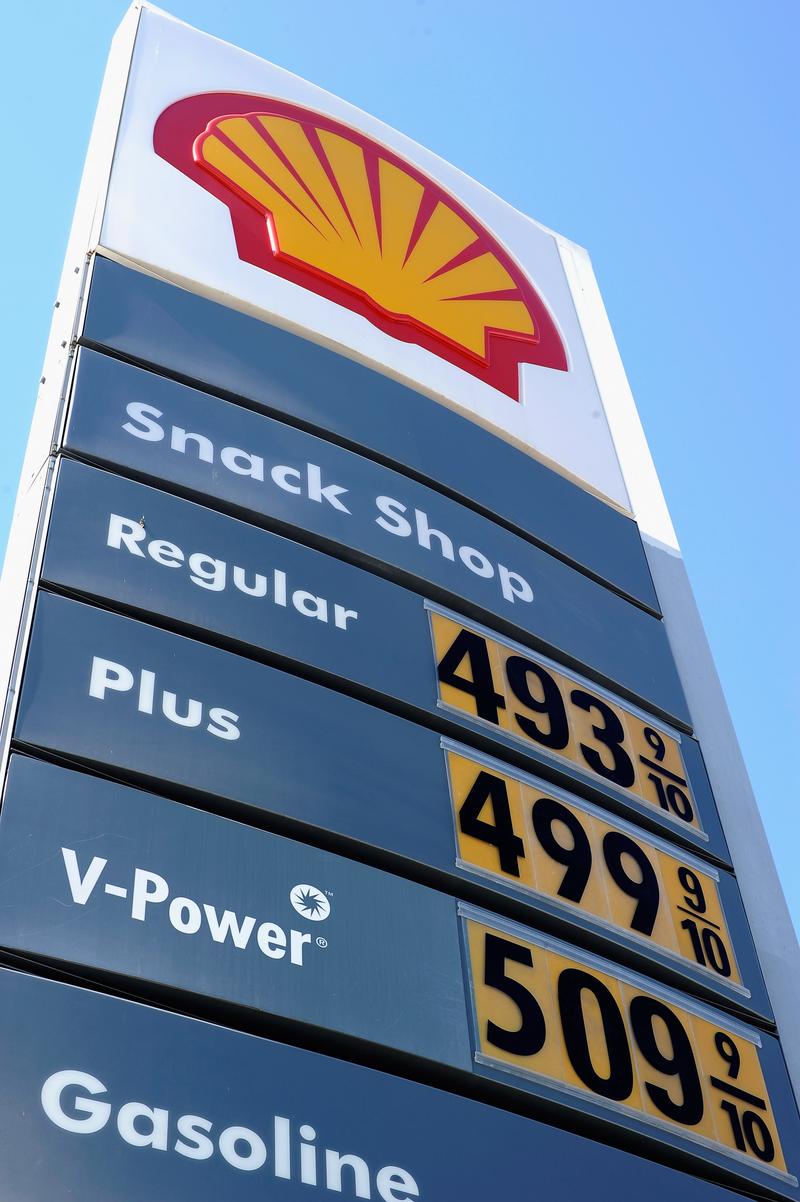
You remember those headlines a few months back warning of $5 a gallon gas?
Well, as reporters used to say in those old Warner Bros. movies, "gimme a rewrite!" The price of gasoline has been falling since it peaked in April. Nationwide, it now averages $3.57 a gallon.
(And our seers at WNYC’s Money Talking, Joe Nocera and Rana Foroohar, think it'll drop further — to around $3.20 or $3.30 a gallon.)
So here's the question: does this translate into welcome news at the White House?
Maybe not as much as the Obama campaign might hope.
Now there's little question that rapidly rising gas prices mean bad news for any incumbent president. (Just ask Jimmy Carter.) He’s going to get blamed when that gas gauge spins into $60 territory every time a motorist pulls up at the pump.
For evidence of just how much high gasoline prices affect the well-being of folks, just look at the findings of Democracy Corps — run by strategist Jams Carville and pollster Stan Greenberg — based on focus groups in Pennsylvania and Ohio. Groups of middle-and-working class voters talked about their economic woes and at the core was the cost of gasoline. They said it impeded every part of their lives, from searching for work to their everyday movements.
For generations, Americans have paid much less at he pump than their counterparts in other industrialized nations and have come to regard affordable gas as something between a constitutional right and a Law of Nature.
A move away from expensive gas may well be seen as a return to "normal" and not a cause for celebration.
So while the summer driving season will likely be sparing us the $5-a-gallon blues, it's not likely to brighten the re-election prospects of the president.
Mr. Obama will need a different source of fuel for that.
